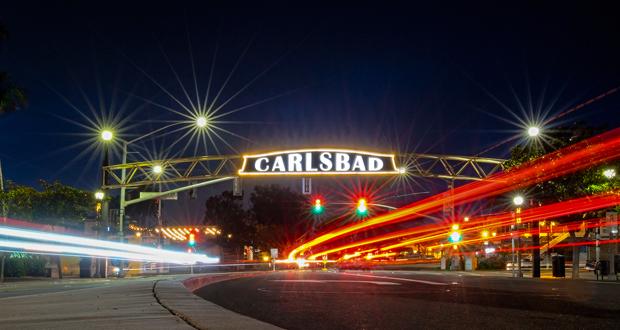Carlsbad pension payments and community programs are among the items getting an extra financial boost thanks to funds from a budget surplus, the city recently announced.
The City Council approved directing the funds, which came from a surplus in the 2022-23 budget, on Tuesday, Sept. 26.
Money will go toward future pension payments and the replenishment of self-insurance funds, in addition to public safety equipment, school crossing guards, trail maintenance and art programs, according to the city. Such surplus funds do not go toward day-to-day city services.
Like many cities, Carlsbad ends its fiscal year on June 30.
“Carlsbad’s surplus is due in part to stronger than anticipated revenues from sales tax, property tax, and the taxes visitors pay when they stay at local hotels and short-term vacation rentals,” the city explained in a Sept. 28 news release. “Some city positions remained vacant for a period of time after an employee left, which saved money, and staff also found ways to reduce spending overall.”
The city’s general fund reserve must have at least an equivalent of 40% of the general budget for use in emergencies, according to the city. The current reserve is at 60%, allowing the surplus to help fulfill other expenses and programs.
The City Council has a policy about how to invest surplus funds, starting with making sure the city’s rainy day fund, the “general fund reserve,” has at least the equivalent of 40% of the general fund operating budget on hand for emergencies. Carlsbad’s general fund reserve currently has the equivalent of 60% of the annual general fund operating budget, so no surplus funds were needed.
Another factor in having the surplus is how the city manages its pension debts.
“Many cities have seen their pension debts go up significantly this year because investment returns over COVID were lower than projected, and there is a delay in when these costs hit,” the city stated in its news release. “Instead of making a payment directly to the state’s retirement system, CalPERS, the City Council decided to put money aside in a new trust account that allows the city to control how the money is invested.”
City officials expect to see about $8 million in savings over the next five years.
The current surplus funds will be spent on one-time costs related to:
Traffic safety.
Crime prevention.
Emergency medical response.
Public art.
Tails.
Infrastructure studies.
The benefits of the surplus are tempered by the possibility of future deficits, however. City officials are keeping an eye on that scenario based on financial forecasts.
“The last two budget years, all city departments were asked to reduce ongoing spending to help close this future gap,” A newsletter update from City Manager Scott Chadwick stated. “Because of the strength of current revenues and recent cost-cutting measures, the city has some time to develop a long-term strategy to maintain a balanced budget.”



